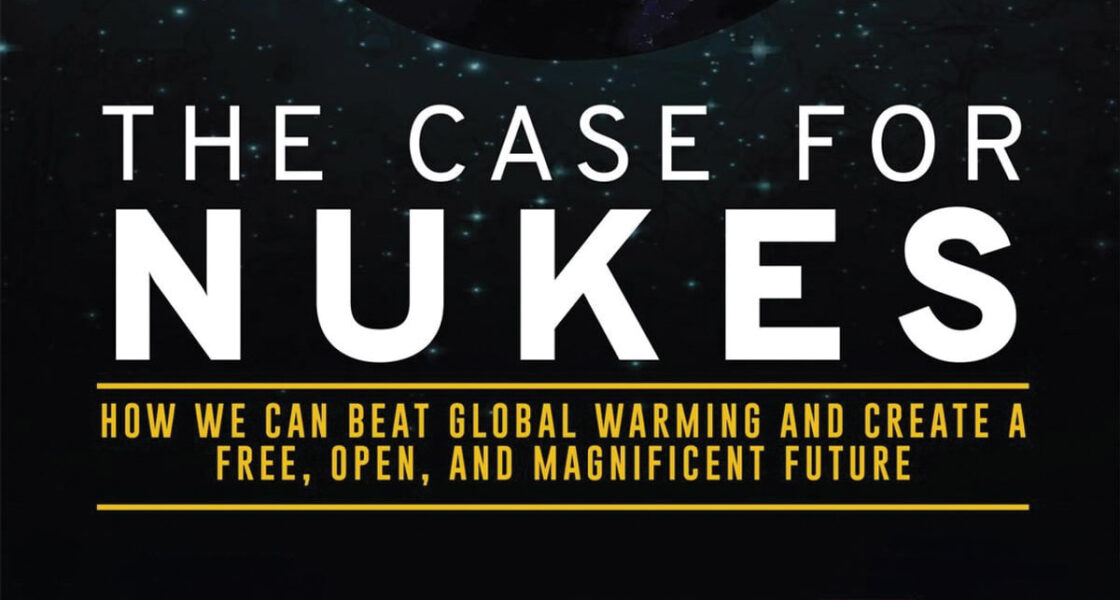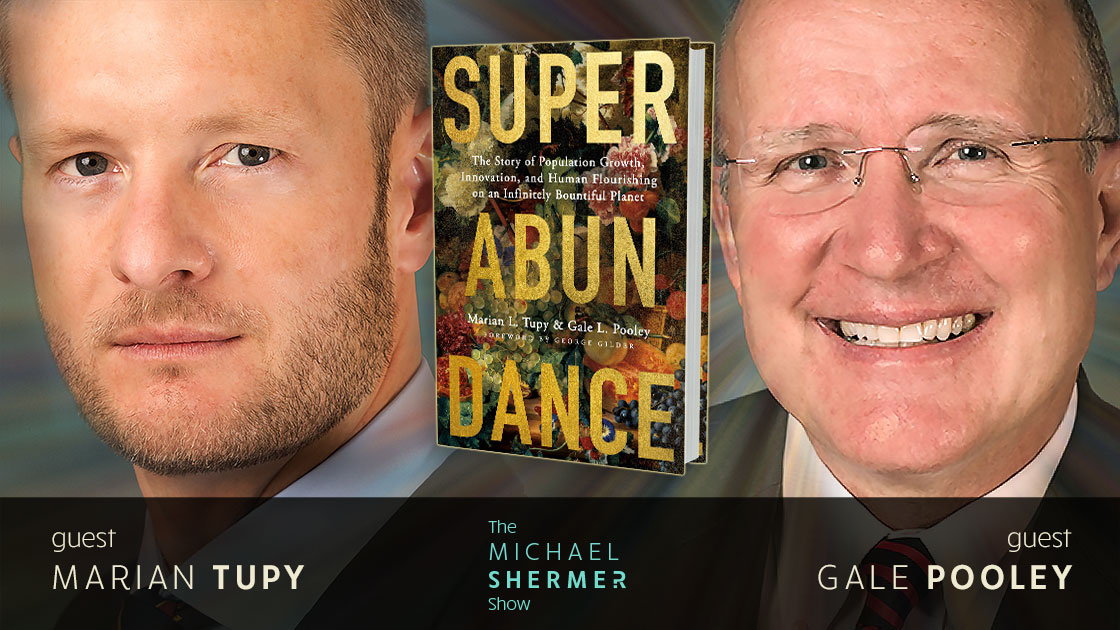abundance

The world faces two energy crises: (1) too much, because we are changing the Earth’s climate and chemistry and so inviting global catastrophe; and (2) too little, because the bulk of humanity still lives in poverty, without enough for a decent standard of living. The answer to both is to go nuclear. Upon examination, the arguments made against nuclear energy, including: emissions, waste disposal, accidents, and proliferation are shown to be exaggerated, unfounded, or soluble using even currently available technology.

Shermer, Tupy, and Pooley discuss: why we long for the “good ol’ days” • the Malthusian trap • Ehrlich’s predictions on overpopulation • the birth dearth • the Simon Abundance Index • compound interest • What does it mean for the economy to grow 2–3% a year? • accumulating wealth • what poorer countries need to do to become richer countries • running out of fossil fuels • Obama’s “you didn’t build that” speech • inflation • electric vehicles •…
In this week’s eSkeptic, Dr. Edward Hudgins reviews two books: Abundance: The Future Is Better Than You Think, by Peter Diamandis and Steven Kotler and Merchants of Despair: Radical Environmentalists, Criminal Pseudo-Scientists, and the Fatal Cult of Antihumanism, by Robert Zubrin.
Rapidly advancing technologies may have the potential not only to spread information but to solve some of humanity’s most vexing problems. In this week’s eSkeptic, Michael Shermer reviews a just-released book called Abundance: The Future is Better Than You Think by Peter H. Diamandis and Steven Kotler.
Since the dawn of humanity, a privileged few have lived in stark contrast to the hardscrabble majority. Conventional wisdom says this gap cannot be closed. But it is closing—fast. According to the X-Prize creator and entrepreneur Peter H. Diamandis, we will soon be able to meet and exceed the basic needs of every man, woman and child on the planet. Abundance for all is within our grasp…










